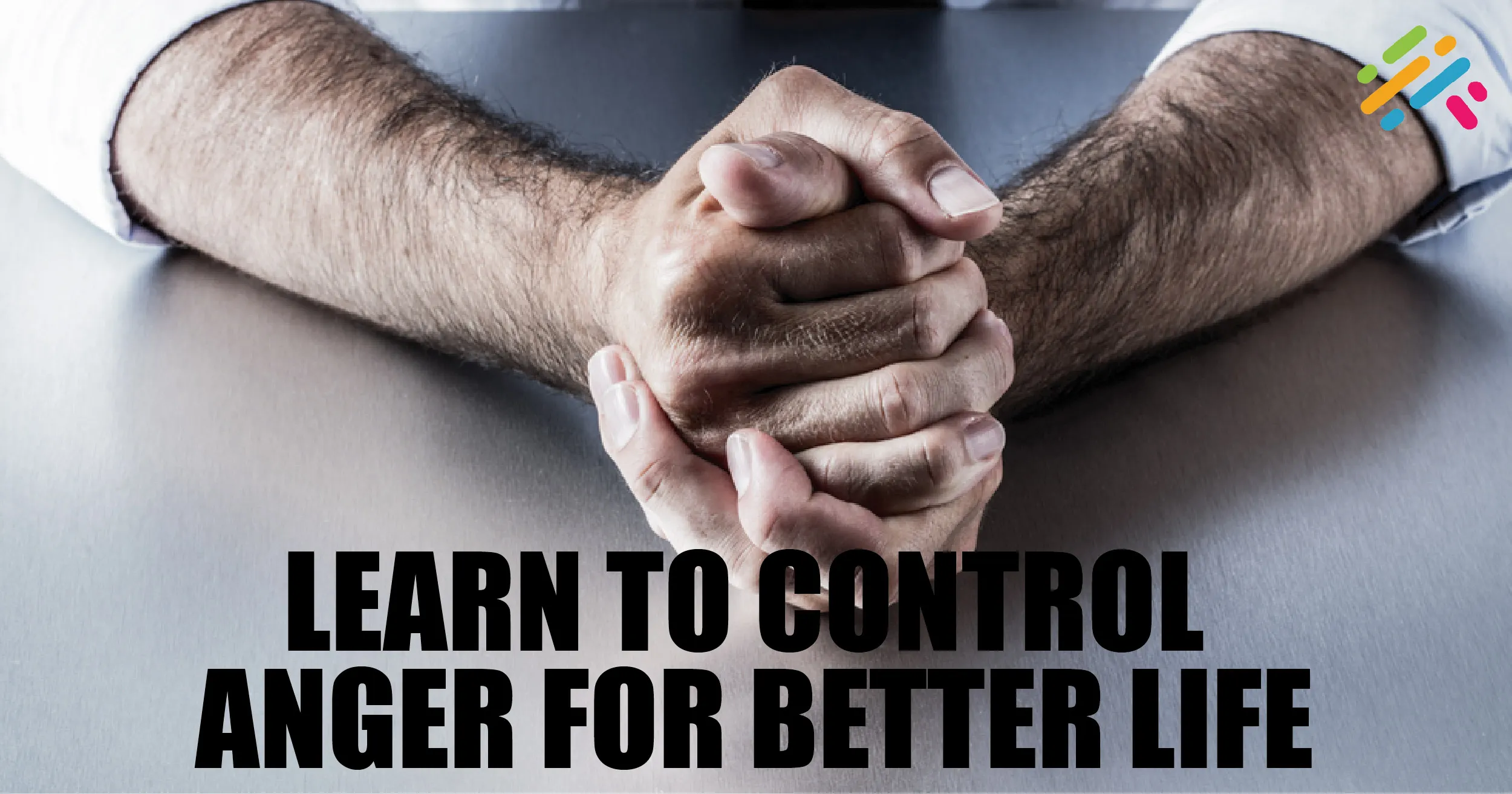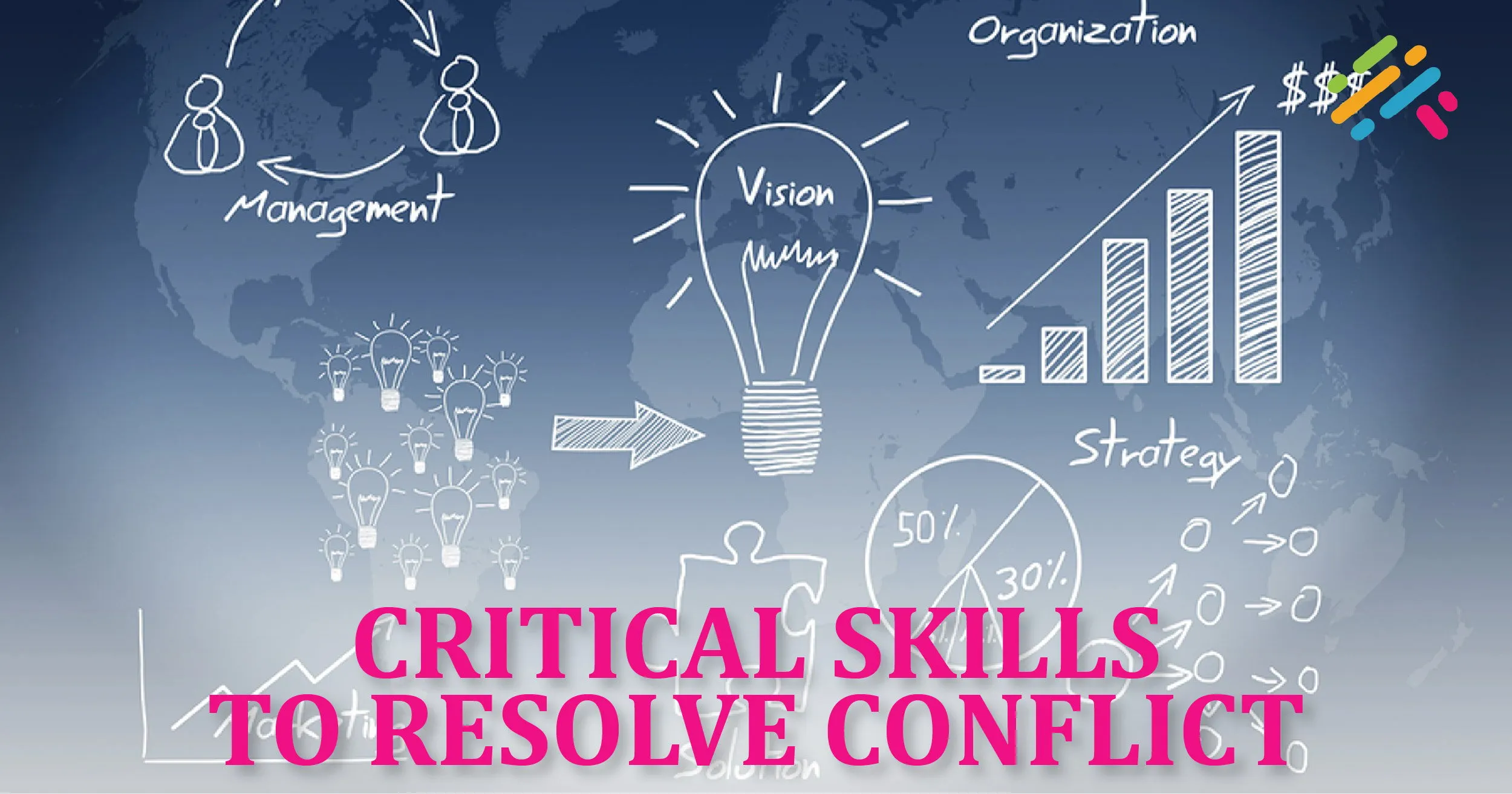Finding Calm: Effective Anger Management Strategies for a Balanced Life

'Nothing can be certain in this world except death and taxes.'
Add to Benjamin Franklin's quote a third thing: Anger.
Anger can be tremendously damaging, costing people their jobs, careers, personal relationships, and even their lives when it gets out of control.
Still, we all experience anger. Life can be challenging, there can be testing times, and we may be unable to contain our outbursts. Thus, it is critical to have effective approaches to manage it constructively.
We know that controlling, managing, and limiting anger is important in every aspect of everyone's life. Without control, you limit what you can achieve in your career and life.
As we explore Anger Management, let us first debunk some of the common myths about anger:
1. Anger is a negative emotion
Emotions, whether positive or negative, are simply a construct. It is all about making quick, gut-level decisions. Indeed, certain anger reactions are justified, such as anger towards discrimination, crime, and exploitation. Our reaction to anger can be seen as positive or negative, healthy or unhealthy.
2. Anger has to be 'released' for it to end
Anger indeed needs to be expressed for symptoms to be relieved. However, expressing anger orally or using physically aggressive methods is not the only way to 'release' anger. Nor is anger a justification for a person to be aggressive. Expressing anger can be moderated through rational thinking and careful consideration.
3. Ignoring anger will make it go away.
It doesn't always happen that all kinds of emotions disappear when ignored. Anger tends to be temporarily set aside, and alternative outlets for expression may be found. It can affect another person, manifest as a physical symptom, or accumulate for a more catastrophic future outcome. It is important to acknowledge and address anger constructively.
4. You cannot control anger
Being aware of the dynamics of anger and deliberately trying to overcome it can help you take control of your responses.
5. people will think I am a pushover if I don't get angry.
There are various ways for individuals to demonstrate the repercussions of their actions beyond just expressing anger. Indeed, adopting a calm and rational approach when addressing individuals who break the rules is the most effective method of instilling discipline in them. In reality, maintaining a composed and logical approach conveys true resilience.
Now, how do you cope with anger?
Let us find out!
- Identify your trigger points.
Trigger points are different for everyone. Our past has a vast influence on how we react to situations. Some anger points are caused by conditioning, modeling, and unresolved issues.
Recognizing your triggers is crucial in effectively managing anger. If you know the triggers that can provoke your anger, you must be cautious and vigilant to avoid them.
- Work with your team.
While working in teams in a workplace, it is vital to express your opinion. However, to avoid conflicts, focus on common interests rather than positions, explore options, and increase consensus/ reduce differentiation. It is important to understand that there are diverse personalities in a group so that it can, as a whole, come up with the widest range of fresh ideas. Getting angry that your idea was not accepted is no solution. It would help if you remembered to give your input but ultimately work for the collective good of the organization/company.
- Meditate
It seems cliched. But taking deep breaths is scientifically proven to calm you down. When you are experiencing tremendous outrage about a person or circumstance, you tend to get stressed. You lose control of your actions and reactions. This can be avoided by including a 10–15-minute meditation routine in your schedule. Mornings are usually the best time to meditate. But if you have a busy schedule, spend some time with yourself before you sleep. Meditation helps you take control of your emotions and feelings, which in turn helps you keep calm and composed throughout the day. Try it; it works in the long run.
- Talk to your colleagues/ friends/ family.
Communication is one of the best ways to express yourself and discuss your feelings. If you are angry or frustrated, talking to someone can help you vent your anger. It is a way of channeling your thoughts and getting a third perspective on the whole scenario. That's what friends, colleagues, and family do! It helps you keep calm even in the worst of situations. Remember that you can depend and count on them and share your feelings. Keeping anger within yourself can have dangerous consequences on your life and profession.
- Join an Anger Management class.
Instead of allowing frustrations to escalate into uncontrollable anger, you can acquire the skills to manage your emotions effectively through various anger management techniques. These strategies can assist in managing intense emotions and prevent them from negatively impacting your overall mental health. By implementing certain measures, you can address anger before it escalates to a harmful level.
If you find yourself grappling with anger issues or simply in need of extra support, keep in mind that professional assistance is readily available through online courses. The Anger Management courses focus on understanding and managing anger and how it can affect various aspects of your life.
You will begin to identify triggers for your emotions and learn how to redirect inappropriate anger toward suitable targets. Anger management strategies and exercises will be explained so that you can begin using these in your daily schedule. As you begin to benefit from the results of this training, you may wish your anger management classes last longer.
- Anger management treatment
This is recommended to those people who suffer anger flushes to an extent that causes mental or physical harm to themselves or someone else. If such a situation exists, you need medical help. A certified healthcare professional who completes volunteer hours involving educational preparation may conduct anger management classes. They can also be a licensed social worker, therapists, psychologists, or counselors who may coordinate your anger management classes. You should check the credentials of your class leader to be sure that they have the experience and the qualifications to steer you in the right direction.
If you want to learn and develop Anger Management skills practically, join the leading Anger Management skills at Gurukol now.








